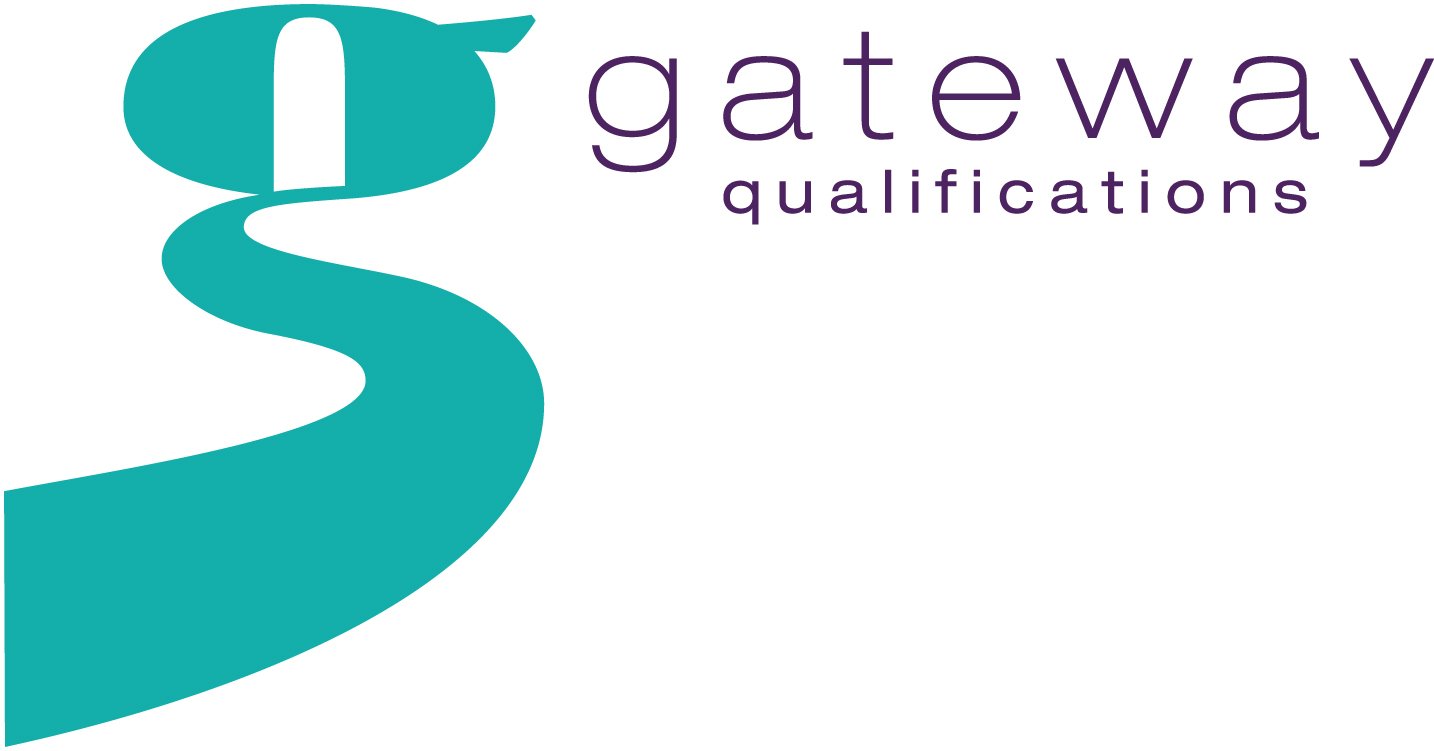
ESOL qualifications (for learners) and awarding bodies
The range of English language qualifications and accreditation available for ESOL learners is influenced by a whole host of factors, including public policy and funding requirements.
ESOL Skills for Life
(England, Northern Ireland and Wales)
Within England, Northern Ireland and Wales, ESOL Skills for Life (ESOL SfL) is the main type of public fundable qualifications that are specifically intended for ESOL learners. These qualifications are available at five levels (Entry 1, Entry 2, Entry 3, Level 1 and Level 2), are derived from the Adult Literacy Standards for England and align with the Adult ESOL Core Curriculum.
There are discrete ESOL SfL Awards at each level in Reading, Writing and Speaking & Listening, as well as Certificates encompassing all three of these.
Ten awarding bodies currently offer ESOL SfL qualifications, although not all of them offer at all levels (and not all of them operate in Northern Ireland and Wales). Their approaches to assessment and quality assurance all vary, for example some have externally marked exams whereas others provide internally-marked controlled assessments.
To help you access information about each of these awarding bodies’ ESOL SfL offers, we’ve provided links below to the relevant pages on their websites. It is important to study their specification documents and other information carefully before making a decision about which one(s) to work with.
You can also find out more about the history of the ESOL SfL qualifications and Adult ESOL Core Curriculum on our ESOL Strategy for England page.
Other qualifications accessed by ESOL learners
For various reasons, ESOL learners in England, Northern Ireland and Wales are sometimes encouraged to work towards qualifications designed primarily for first-language English speakers – e.g. Functional Skills English, Essential Communication Skills, Essential Skills Communication/Literacy or GCSE English. Read more about the research NATECLA did on behalf of the Education and Training Foundation (ETF) investigating the proportion of ESOL learners doing Functional Skills English and other qualifications.
Pre-Entry and other ‘non-regulated’ ESOL provision
Where ESOL learners in England, Northern Ireland and Wales are not working towards a regulated qualification, it is usual for the progress they have made as a result of their course to be recognised in some way. Some awarding bodies offer non-regulated accreditation for Pre-Entry (below Entry 1) learners, although non-accredited provision might also involve internal mechanisms such as a ‘college certificate’.
Within England and Wales, any publicly-funded ESOL provision that does not involve achievement of regulated qualifications is normally tracked through a process known as RARPA (Recognising And Recording Progress and Achievement).
ESOL National Qualifications and units in Scotland
The Scottish Qualifications Authority (SQA) is responsible for awarding ESOL qualifications in Scotland. SQA offers a range of National Courses and units in ESOL spanning levels 2-6 of the Scottish Credit and Qualifications Framework (SCQF). The National Courses and National Units are also each referenced to the Common European Framework of Reference for Languages (CEFR).
Accreditation for ESOL learners in Republic of Ireland
Most accredited ESOL provision in the Republic of Ireland is recognised through the Common Awards System (CAS) overseen by Quality and Qualifications Ireland (QQI), although some Education and Training Boards (ETBs) have also opted to use international English qualifications such as those offered by Cambridge English.
The CAS system allows locally designed programmes to be approved by QQI, although any new ESOL Awards are required to align with QQI’s Multilingual Core Competence Standards (based on the EU’s Key Competences for Lifelong Learning).









